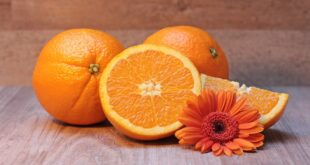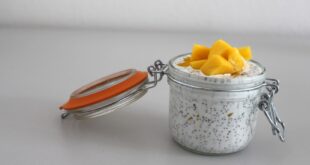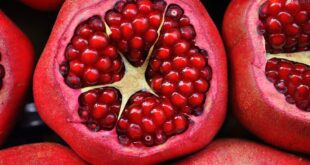Top 7 Supplements for Optimal Health
Vitamin D
One of the most important supplements for optimal health is vitamin D. This vitamin is essential for bone health, immune function, and the prevention of chronic diseases. Our body produces vitamin D when our skin is exposed to sunlight, but many people don’t get enough sun exposure. Therefore, taking a vitamin D supplement can help ensure that you get enough of this crucial nutrient.
Magnesium
Magnesium is another essential nutrient that many people don’t get enough of. This mineral is crucial for nerve function, muscle function, and heart health. It also helps regulate blood sugar and blood pressure levels. You can get magnesium from foods like nuts, seeds, and green leafy vegetables, but a supplement can help fill any gaps in your diet.
Curcumin
Curcumin is a compound found in turmeric, a spice that is commonly used in Indian cuisine. This compound has powerful anti-inflammatory and antioxidant properties that can help reduce the risk of chronic diseases like heart disease, cancer, and Alzheimer’s disease.
Omega-3 Fatty Acids
Omega-3 fatty acids are a type of fat that is found in fish, nuts, and seeds. These fatty acids have been shown to reduce inflammation, improve brain function, and promote heart health. If you’re not getting enough omega-3s from your diet, a supplement can help.
Probiotics
Probiotics are beneficial bacteria that live in our digestive tract. These bacteria help us digest food, produce vitamins, and support immune function. Taking a probiotic supplement can help maintain a healthy balance of bacteria in the gut and prevent digestive issues.
Vitamin C
Vitamin C is a powerful antioxidant that plays a crucial role in immune function. It also helps produce collagen, a protein that is essential for skin health. While vitamin C is found in many fruits and vegetables, a supplement can help boost your intake and support overall health.
Zinc
Zinc is a mineral that is essential for immune function, wound healing, and protein synthesis. It also plays a role in taste and smell acuity. Zinc supplementation may be necessary, especially in people who follow a vegetarian or vegan diet, because plant sources of zinc are less bioavailable than animal sources.
The Bottom Line
While it’s always best to get nutrients from whole foods, supplements can help fill any gaps in your diet and support your health. Talk to your healthcare provider to see if any of these supplements are right for you. Remember, taking more supplements than your body needs won’t produce better results; it may even be harmful.
 Mind Uncharted Explore. Discover. Learn.
Mind Uncharted Explore. Discover. Learn.




